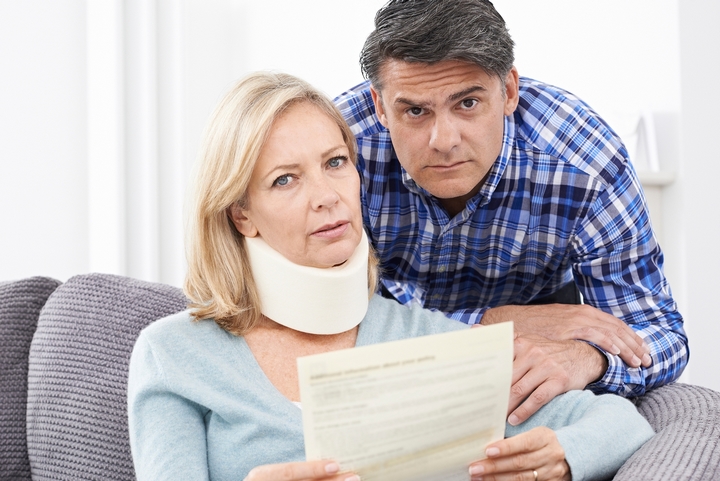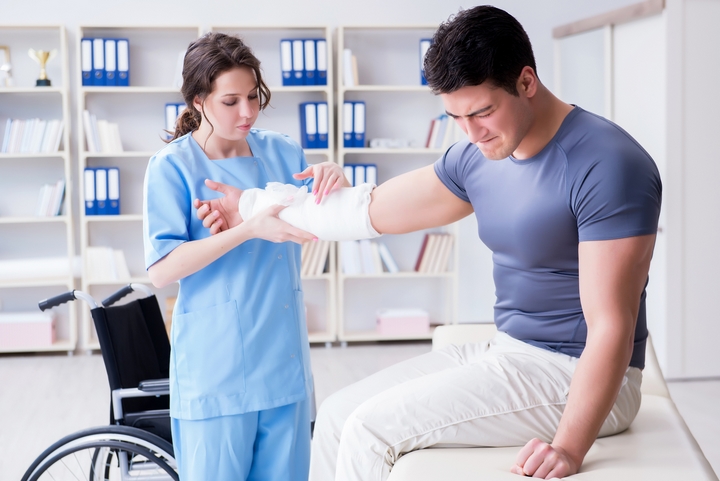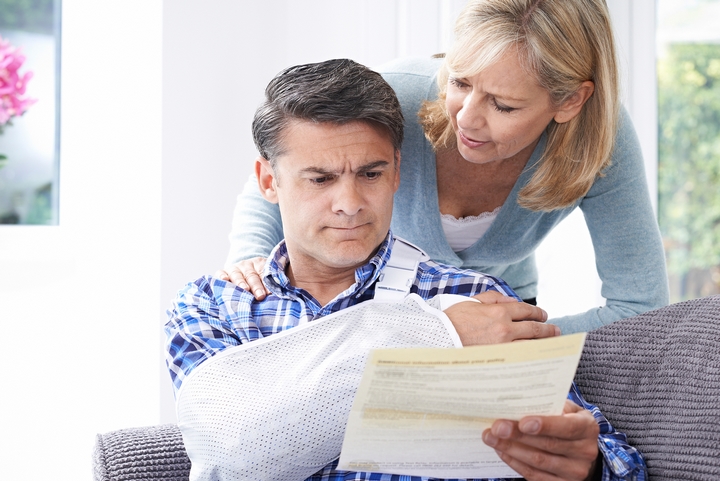
Accidents can be a common occurrence in our day-to-day lives and some of them lead to injuries. Some accidents are no one’s fault. Others occur when someone has been negligent or due to a deliberate act. In the latter instance, it can be necessary to seek compensation for a personal injury that you sustained.
Sometimes, personal injury lawsuits can be settled by the defendant offering compensation to settle the case. Other times they admit no fault and take the case to trial. In either situation, there are some commonalities that you will need to prove your case and below are 4 that, if you have them, will help in your search for compensation.
1. Evidence of liability

The key aspect of your case is to prove who was liable for your injuries and then prove that the injuries were due to the defendant’s actions. You can be involved in an accident that is clearly the defendant’s fault however if you do not prove liability, you may end up not receiving any compensation.
Hiring a skilled and experienced personal injury lawyer will increase the chances of you being able to prove the liability of the defendant. The lawyer will review the circumstances of the case and represent your best interests when dealing with the defendant’s legal team or insurance company.
2. Proving you were not at fault

Proving liability is one thing but it also helps if you prove that you were not at fault. This is important because even if it is demonstrated that you could be partially liable in the incident, you may receive partial compensation or none at all. In case of a slip and fall, the owner of the property or his insurance may argue that you were totally or partially responsible for your own injuries. This is a legal argument called comparative fault or negligence
Some of the factors that can be considered regarding whether you were partially negligent include if you engaged in any activity that would have led to your injury, if you had lawful access to the place, or if there were any warning signs posted that you disobeyed.
3. Medical expenses

Most insurance companies evade compensating plaintiffs by claiming that medical costs were not reasonable or that they are much more than what was required in the circumstance.
It is recommended that you seek medical attention immediately after an accident and obtain medical reports pertaining to the injuries sustained. This will provide evidence from a medical professional that speaks to your injuries and will increase your chances of receiving a favourable judgment. It will also minimize challenges from the defense team or insurance company regarding the necessity of the treatment received.
To achieve this, you need to avoid any clinic or medical practitioners that only deal with accident-related cases as they are likely to inflate their prices and could be seen as not being reputable.
4. Lost wages

You are fully entitled to recover any lost salary due to time missed as a result of the injury. Also, if your injuries make you unable to do your job, you may also be entitled to any wages that may be lost in future.
This evidence is usually supported by reports from doctors, employers, and tax statements. Similar to any other aspect of a personal injury claim, you need solid evidence that supports your claim that injuries sustained have resulted in missed days at work and affected your ability to do your job.
Keep in mind that the compensation that you receive may need to support you for an extended period until you are able to return to work or be approved for long-term disability. Therefore it is crucial that you get as much valid evidence as possible to substantiate your claim.